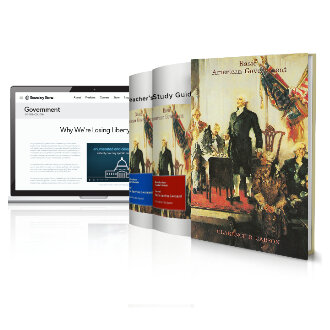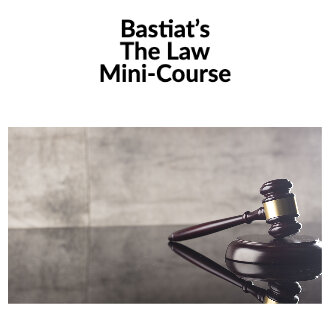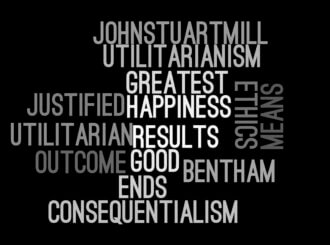Each year for the past twenty years Clyde Crews of the Competitive Enterprise Institute has updated his assessment of the federal regulatory government.[i] Over the course of that time span the various federal agencies have drafted over 81,000 final rules and regulations governing the lives of Americans. In 2012 alone, these agencies crafted 3,708 new rules based off of 127 laws passed by Congress. The costs of these rules and regulations stands at over $1.8 trillion annually which imposes a $14,678 additional cost above taxes on the average American household. Does all this rule making make life better for us? Are we safer?
I seriously doubt that we are. Rather, I suspect that we are far worse off and less safe than we would otherwise be. Not only that, I suspect that there is an encroaching lawlessness that can be associated with all of this rule making. The reason why is that no one human being can know each and every one of the rules made during the past twenty years not to mention the mountain of previously adopted regulations. As a result, will simply ignore the rules and live out our individual lives. In doing so we are most likely to violate at least a handful of these rules on a daily basis. This reality never occurs to us since it would be impossible for the enforcers of these rules to penalize every violation with hundreds of millions of such violations occurring daily. In turn, the enforcers are likely to only enforce the rules for politically expedient ends thus undercutting the important principle of the impartial enforcement of the law. The end result is a declining respect for the law.
How did we get here? With the rise of the progressive movement in this country during the last half of the nineteenth century there has been an increasing push for legal positivism. The main idea behind such positivism is that human nature and society can be altered or socially engineered to bring out better results. This concept goes directly against the older natural law conception of things that the purpose of the law is to equally protect every individual’s life, liberty, and property. Instead, positivists are quite willing to violate those rights if it is thought that such violations will bring about a greater social good. Under the older political theory the nature of laws is pretty straight forward. Namely, our legislature would pass laws that provide a basis for punishing individuals who transgress the natural rights of others. However, under positivism there is no particular limit to the direction that the legal code might take in order to achieve some ends desired by those in charge. As a result, power and control tends to more and more concentrated no matter who is put in charge. This is why the number of rules has increased every year regardless of whether Republicans or Democrats won the elections.
[i] Clyde Wayne Crews, The Ten Thousand Commandments 2013: A Snapshot of the Federal Regulatory State: http://cei.org/studies/ten-thousand-commandments-2013







0 Comments